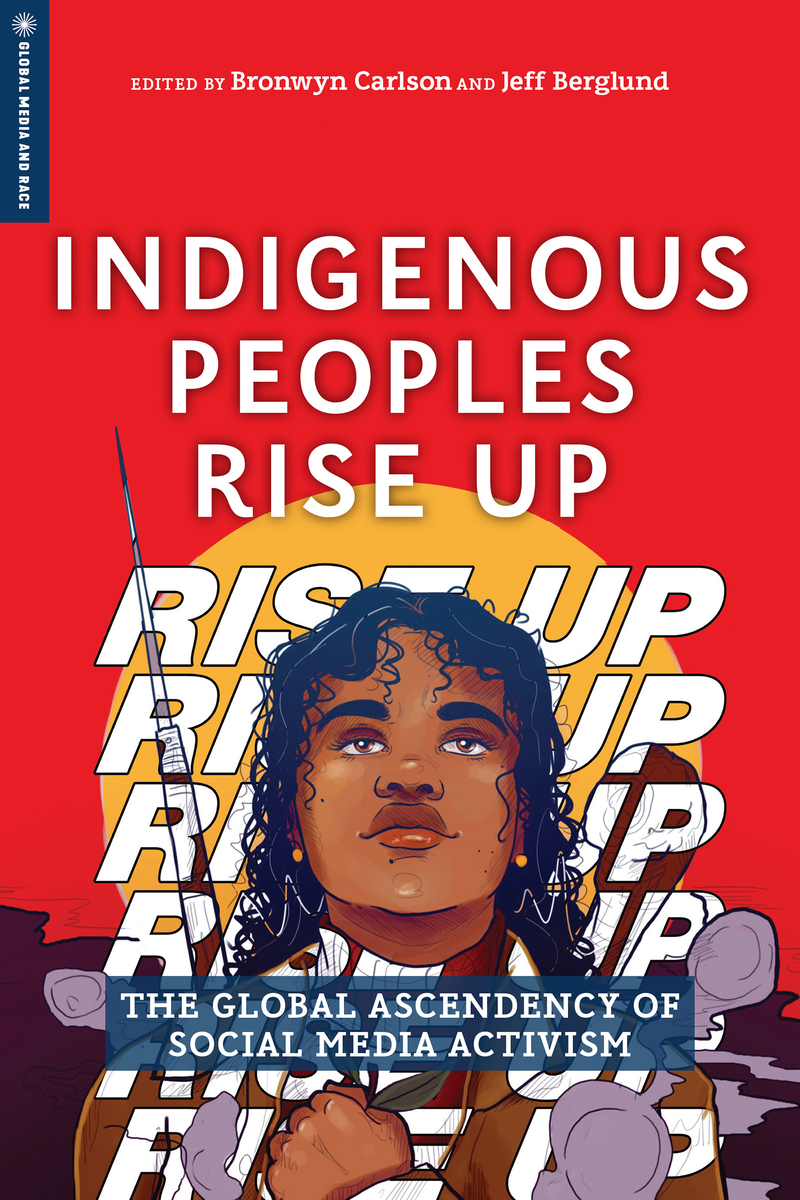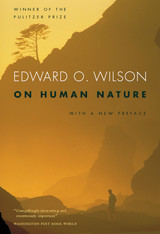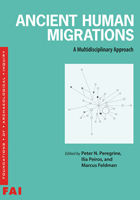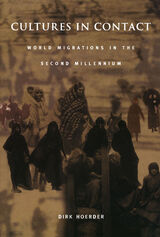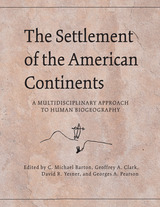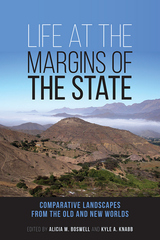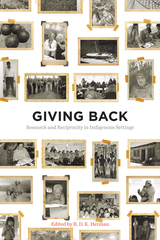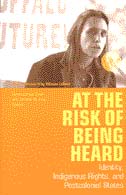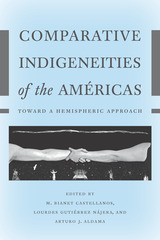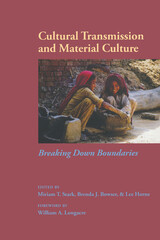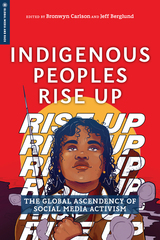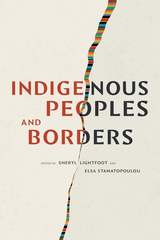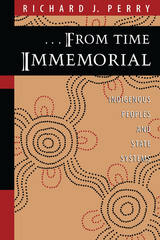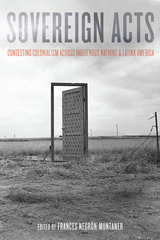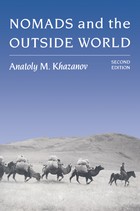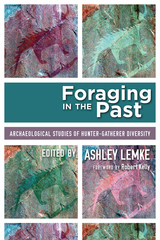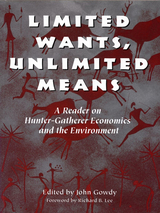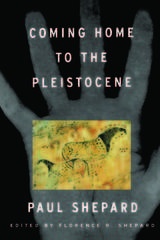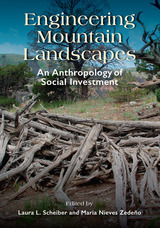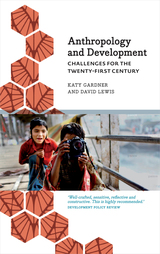Indigenous Peoples Rise Up: The Global Ascendency of Social Media Activism
Rutgers University Press, 2021
eISBN: 978-1-9788-0880-5 | Cloth: 978-1-9788-0878-2 | Paper: 978-1-9788-0877-5
Library of Congress Classification GN380.I5343 2021
Dewey Decimal Classification 302.231089
eISBN: 978-1-9788-0880-5 | Cloth: 978-1-9788-0878-2 | Paper: 978-1-9788-0877-5
Library of Congress Classification GN380.I5343 2021
Dewey Decimal Classification 302.231089
ABOUT THIS BOOK | AUTHOR BIOGRAPHY | REVIEWS | TOC
ABOUT THIS BOOK
Indigenous Peoples Rise Up: The Global Ascendency of Social Media Activism illustrates the impact of social media in expanding the nature of Indigenous communities and social movements. Social media has bridged distance, time, and nation states to mobilize Indigenous peoples to build coalitions across the globe and to stand in solidarity with one another. These movements have succeeded and gained momentum and traction precisely because of the strategic use of social media. Social media—Twitter and Facebook in particular—has also served as a platform for fostering health, well-being, and resilience, recognizing Indigenous strength and talent, and sustaining and transforming cultural practices when great distances divide members of the same community.
Including a range of international indigenous voices from the US, Canada, Australia, Aotearoa (New Zealand) and Africa, the book takes an interdisciplinary approach, bridging Indigenous studies, media studies, and social justice studies. Including examples like Idle No More in Canada, Australian Recognise!, and social media campaigns to maintain Maori language, Indigenous Peoples Rise Up serves as one of the first studies of Indigenous social media use and activism.
Including a range of international indigenous voices from the US, Canada, Australia, Aotearoa (New Zealand) and Africa, the book takes an interdisciplinary approach, bridging Indigenous studies, media studies, and social justice studies. Including examples like Idle No More in Canada, Australian Recognise!, and social media campaigns to maintain Maori language, Indigenous Peoples Rise Up serves as one of the first studies of Indigenous social media use and activism.
See other books on: Berglund, Jeff | Communication | Indigenous peoples | Indigenous Studies | Social media
See other titles from Rutgers University Press
